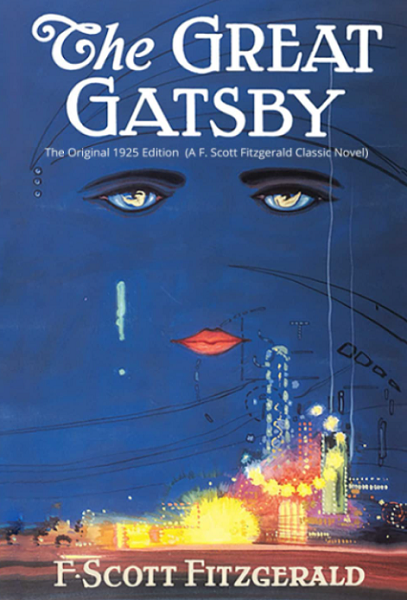The ‘great American novel’ Scott Fitzgerald’s The Great Gatsby is celebrating its 100 anniversary this week. His take on the excesses of the Neptune in Leo Roaring Twenties has become for many a definitive statement on unaccountable elites today. “They were careless people . . . they smashed up things and creatures and then retreated back into their money or their vast carelessness, or whatever it was that kept them together, and let other people clean up the mess they had made.”
A thoughtful comparison of his vision of the faultlines in American society a hundred years ago and today’s excesses by cultural historian Sarah Churchwell in the FT deserves a wider audience.
“He foresaw tragedy in the country’s impulse towards grandiosity and self-destruction in its reckless dishonesty.” “The novel’s prescience lies not in foretelling specific events but in diagnosing a culture where power enjoys impunity and cruelty rubs out its traces — a society run by careless people.” “Carelessness, in Fitzgerald’s vision, is more than negligence — it is a way of wielding power. It’s the certainty that the world exists to absorb your damage. “
“Tom is a bully and bigot, a careless, foolish man who triumphs simply because the world permits it —- a society in thrall to raw power. “Flushed with his impassioned gibberish he saw himself standing alone on the last barrier of civilization.”
“People such as Thiel, Elon Musk and Donald Trump seem to find democracy vexatious because it is a theory of power-sharing. Tech moguls who advocate “exit” from democratic accountability imagine themselves natural rulers, reasserting hierarchies that protect their privilege.”
“Musk and Trump posture as saviours, but they are bent on extraction — stripping resources, exploiting labour.” Leaving devastation behind in the Valley of Ashes.
“Fitzgerald saw society not as a historian, but as a novelist who felt the undertow of his own time. The Great Gatsby ends not with transformation but return. The forward motion exists, but the direction is an illusion. Beneath it is recurrence: the same hierarchies, the same betrayals, the same brutalities.”
https://www.ft.com/content/dd6f1a32-398e-47f2-85a3-41120c952554
Scott Fitzgerald, 24 September 1896 3.30 pm St Paul Minnesota, oddly attracted little success during his short life, only becoming recognized after his death from heart disease aged 44 after a spell as an alcoholic.
He had an intense, deep-thinking 8th house Libra Sun inconjunct a Taurus Moon in his communication 3rd so he would be constantly at odds with himself. He had Neptune Mars in Gemini in his creative and entertaining 5th house with Pluto in Gemini in his 4th; and Jupiter in flamboyant Leo conjunct his South Node in his 7th drawing him to the glitz and glamour of the age. He had Venus Mercury in Libra in his 9th house of publishing and writing, along with serious and innovative Saturn Uranus in Scorpio.
His North Node in Aquarius opposition his Jupiter and square his Uranus Saturn arguably pulled him towards a more humanitarian outlook as he understood only too well the siren call of his Jupiter South Node in Leo – and the world of wealth and selfishness which it represented.
He was on his First Saturn Return when The Great Gatsby was published with his Solar Arc Uranus opposition his Mars; and tr Neptune in Leo conjunct his South Node. Surprisingly it was a commercial failure at the time.
He would have understood Neptune moving into Aries only too well.
The post The Great Gatsby – echoing today’s immorality first appeared on Astroinform with Marjorie Orr – Star4cast.


